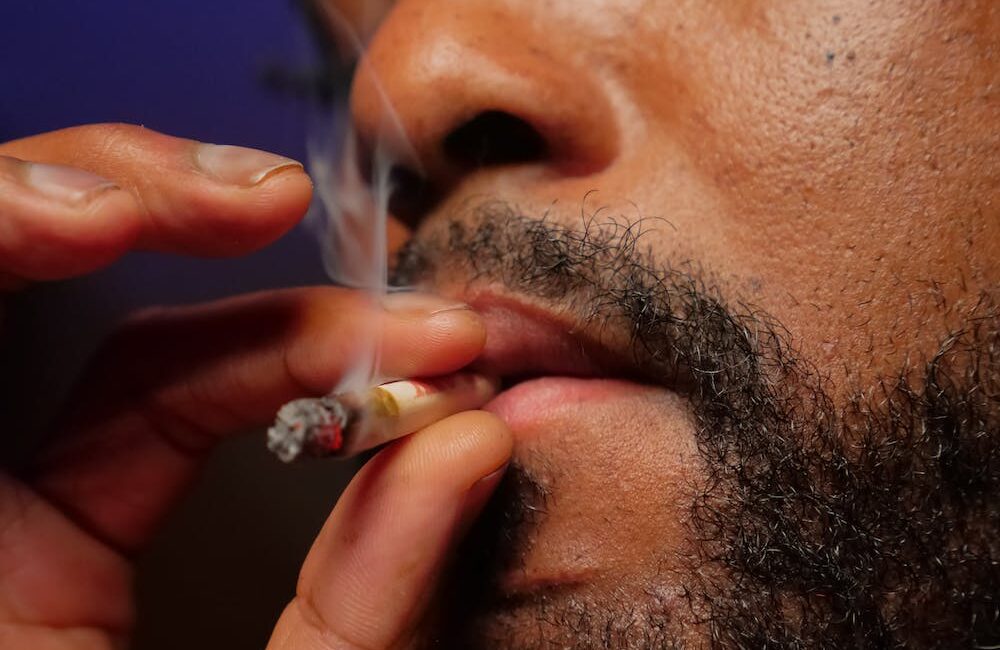As a life coach guiding individuals on their recovery journey, I can assure you that embarking on the path towards sobriety isn’t just about letting go of the substance. It’s about embracing a new way of life, a fulfilling life that redefines your relationship with yourself and the world around you. This is where rehabilitation plays a pivotal role in achieving sustainable recovery.
In South Africa, we face a unique set of circumstances. Cultural factors, economic conditions, and societal pressures all contribute to the complexity of addiction here. But no matter your background or the challenges you face, it’s essential to remember that rehabilitation is the cornerstone of sustainable recovery.
When you choose to enter a rehabilitation program, you’re not just deciding to quit using a substance. You’re choosing to reconstruct your life from the ground up. You’re choosing to confront the factors that contributed to your addiction in the first place. The underlying traumas, the unmet needs, the unheard voices within you – these are all acknowledged and addressed in the healing environment of a rehab center.
One little-known fact about rehabilitation is that it goes beyond the physical detoxification process. It equips you with the necessary tools to manage your emotions, develop healthier coping mechanisms, and rebuild broken relationships. You learn to deal with stress, to accept yourself, and to live a life in alignment with your true values.
Many South Africans might think that rehabilitation is a one-size-fits-all program. The truth, however, is quite the contrary. Each individual’s journey is unique, and your rehabilitation program should be tailored to meet your specific needs. From individual counselling to group therapy, from cognitive-behavioral therapy to holistic practices like yoga and mindfulness, your recovery plan should take into account your unique experiences, background, and lifestyle.
Another little-known fact is the importance of aftercare post-rehab. Completing a rehab program is a significant achievement, but maintaining your newfound sobriety requires ongoing commitment and support. Aftercare services, which can include continued therapy, support group participation, and ongoing life coaching, are critical to prevent relapse and ensure your transition into your everyday life is smooth and sustainable.
Perhaps most importantly, your mindset plays a significant role in your recovery journey. Recognizing that rehabilitation is not a sign of weakness, but rather a step towards reclaiming your life, is crucial. It’s a sign that you’re taking ownership of your life and making a conscious choice to live in a healthier, more positive way.

The heart of this process is rehabilitation, a powerful tool in battling addiction and achieving a sustainable, fulfilling life.
A Closer Look at the Rehab Process
The rehab process typically consists of three main stages: detoxification, therapy, and aftercare. Each stage is uniquely designed to help you break free from substance dependency and build a solid foundation for your new life.
- Detoxification: This is the initial stage where the body physically rids itself of the addictive substance. Detox is often a challenging phase but is crucial to kick-start your journey towards sobriety.
- Therapy: Here, you will engage in various therapeutic activities designed to address the psychological aspect of addiction. It’s a critical stage where you will learn about the root causes of your addiction, develop new coping mechanisms, and plan for a substance-free life.
- Aftercare: Often overlooked, aftercare is a significant part of sustainable recovery. Aftercare plans can include group therapy sessions, individual counseling, and ongoing life coaching. They’re designed to provide you with long-term support as you navigate life post-rehab.
Understanding Different Therapy Approaches
Different therapy approaches can be employed during rehab, including:
- Cognitive Behavioral Therapy (CBT): Helps you identify and correct problematic behaviors through skill-building.
- Motivational Interviewing (MI): Works on enhancing your internal motivation to change.
- Family Therapy: Involves your family members in the recovery process, repairing relationships and improving communication.
Frequently Asked Questions
How long does the rehabilitation process take? Rehabilitation duration varies depending on individual needs. However, research suggests that good outcomes are contingent on adequate treatment length, typically a minimum of 3 months.
Can I overcome addiction without rehab? While some people manage to overcome addiction on their own, many people benefit from the structured, supportive environment that rehab provides. Rehab offers medical, psychological, and emotional support that can significantly enhance recovery outcomes.
What happens if I relapse after rehab? Relapse is not a sign of failure but a part of the recovery journey for many people. It indicates that you need to modify your treatment plan or re-engage in treatment.
As we reach the conclusion of our deep dive, it’s important to reaffirm the fact that addiction is a complex disorder that affects each individual differently. Thus, your rehabilitation journey should be as unique as you are. From the initial detox to therapy and aftercare, each stage of rehabilitation is designed to equip you with the tools necessary for a successful, sustainable recovery.
In South Africa, we face unique challenges when it comes to addiction, from societal pressures to economic factors. Despite these challenges, remember that you are not alone in your journey. There are numerous resources and support systems in place to assist you every step of the way. Rehabilitation isn’t just about ceasing substance use; it’s about creating a new life where you can thrive.
Embarking on a rehabilitation journey is a significant step, but it’s one that speaks volumes of your strength and resolve. Choosing rehabilitation is choosing a path of self-discovery, healing, and a brighter future. As you navigate this journey, remember that every step forward, no matter how small, is a testament to your resilience and a step towards a healthier, happier you. It begins with you – your choices, your journey, your life.

